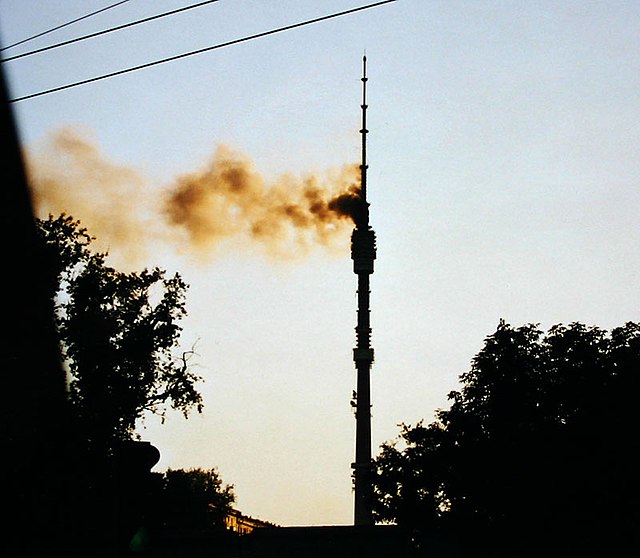Infinite photos and videos for every Wiki article ·
Find something interesting to watch in seconds
British Monarchs
Celebrities
Wars and Battles
Great Artists
Countries of the World
Best Campuses
Recovered Treasures
History by Country
Great Cities
Animals
Rare Coins
Sports
Supercars
World Banknotes
Tallest Buildings
Famous Castles
Ancient Marvels
Kings of France
Orders and Medals
Presidents
Largest Empires
Great Museums
Richest US Counties
Largest Palaces
Crown Jewels
Wonders of Nature
more top lists






